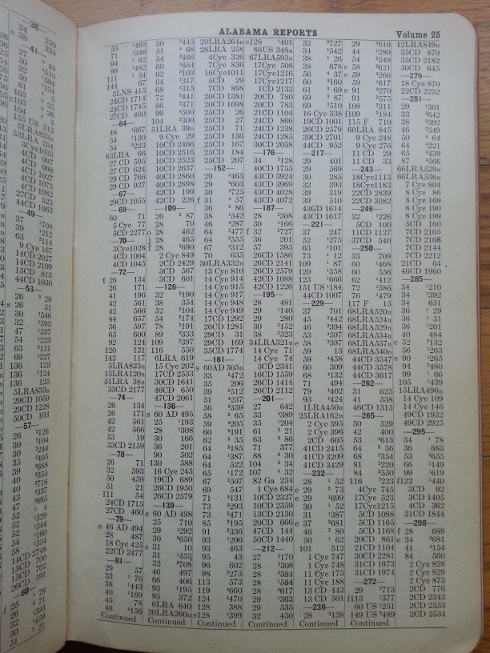As I tweeted last July, I always learn so much about both the past and future of database computing from recent Turing Award winner Michael Stonebraker. I recently learned that the latest edition of Readings in Database Systems, also known as the “Red Book,” is available for free online under a Creative Commons license—or at least the introductions to the readings are. With most of these being by Stonebraker, and quite up-to-date, I consider these 43 pages required reading for anyone…
I’ve been reading up on America’s post-war attempt to keep up the accelerated pace of R&D that began during World War II. This effort led to an infrastructure that made accomplishments such as the moon landing and the Internet possible; it also led to some very dry literature, and I’m mostly interested in what new metadata-related techniques were developed to track and share the products of the research as they led to development.
In an ITConversations podcast interview with Tim O’Reilly and John Batelle, Mark Zuckerberg describes a recent conversation with a teenage relative of his girlfriend. Those of us with teenage kids know that they consider email a bit old-fashioned, and this girl explained to Zuckerberg why: because it’s so slow. He was puzzled, thinking that email is practically instantaneous; why was it slow? Because, the girl replied, it’s slow to create a message. You look up someone’s…
(Apparently the video isn’t on vimeo anymore)
I’ve always been fascinated by the idea of information as something quantifiable. When William Strunk (of Strunk and White fame) wrote omit needless words, and when George Orwell wrote “If it is possible to cut a word out, always cut it out” in Politics and the English Language, they affirmed that good writing packs more information into fewer words (or syllables, or even letters—in the same essay, Orwell wrote " Never use a long word where a short one will do") than…
I’ve written before about W.C. McGee’s 1981 article in IBM’s Journal of Research and Development covering the history of database systems from 1955 to 1980, and I left off saying that I’d devote a separate entry to his history of report generation. The creation of reports may sound mundane, but throughout the history of computers the pulling of data meeting specific criteria is the most important thing we do with computers. (Why put data in or calculate new data in the…



